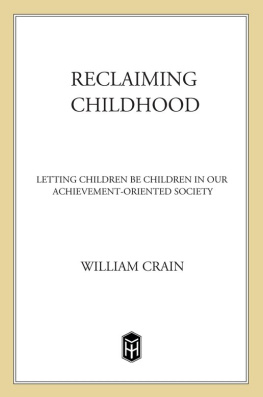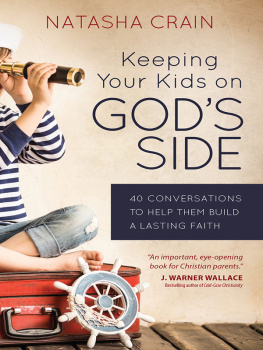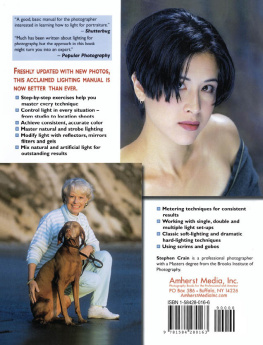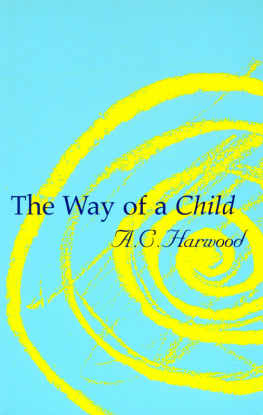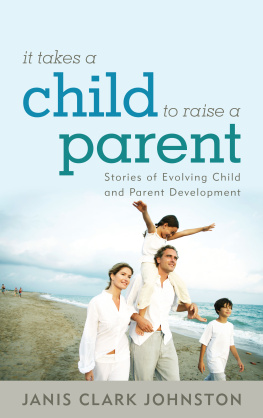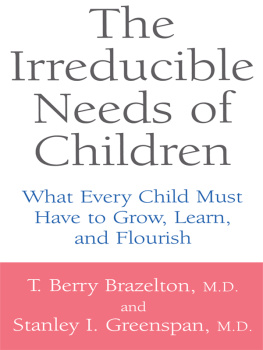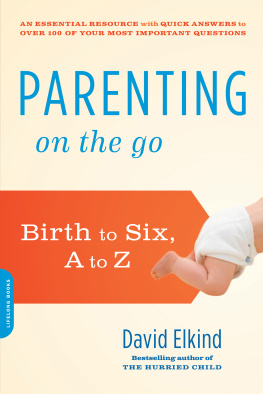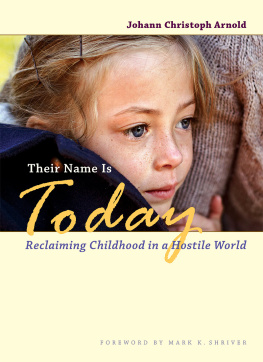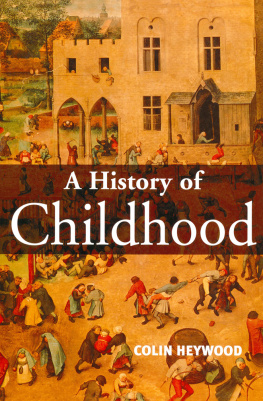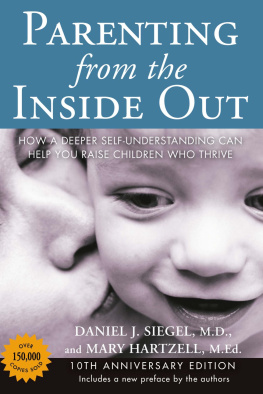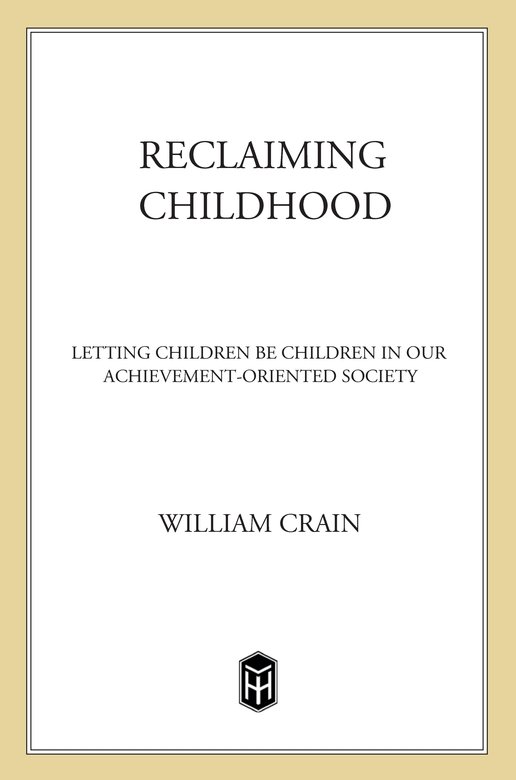Appendix A
A Child of Nature: Huckleberry Finn
I wont be rich, and I wont live in them cussed smothery houses. I like the woods, and the river and Ill stick to em too.
HUCK FINN
MARK TWAINS The Adventures of Huckleberry Finn is perhaps the best-known novel in American literature. Its merits and faults have been widely discussed. But it deserves another look for what it can teach us about the childs feeling for nature.
Huck lives on the fringes of society. A motherless boy, whose father is incapable of guiding him, he fends for himself. As Twain introduces him in The Adventures of Tom Sawyer:
Huckleberry came and went, at his own free will. He slept on doorsteps in fine weather and in empty hogsheads [barrels] in wet; he did not have to go to school or church, or call any being master or obey anybody; he could go fishing or swimming when and where he chose . He was always the first boy that went barefoot in the spring and the last to resume leather in the fall; he never had to wash, nor put on clean clothes; he could swear wonderfully. In a word, everything that goes to make life precious, that boy had. So thought every harassed, hampered, respectable boy in St. Petersburg.
Huck is between twelve and fourteen years old. Some scholars believe that Twain made Huck this age so Huck would be old enough to move about freely in the adult world, while his relatively uneducated status would permit him to see the world with the innocence and openness of a somewhat younger child.
Huck, to be sure, isnt completely isolated from society. He plays with the other boys and has assimilated the language and folklore of his rural subculture. He has even internalized the conventional conscience of the pro-slavery South. In The Adventures of Huckleberry Finn he is tormented by guilt because he is helping Jim escape slavery and he almost turns Jim in. But in the end, Huck follows his heart, rather than societys teachings, and he helps Jim. Huck is an eager, free, and open boy who is entirely without pretense. As he narrates his story, we feel we are listening to a real child who tells us just what he sees and thinksnot what anyone might expect of him. He is a natural child.
Huckleberry Finn opens with Huck in the process of being sivilized by the Widow Douglas. One night, when life in the widows house is becoming more than he can stand, he gives us this beautiful and haunting picture of the night.
I felt so lonesome I most wished I was dead. The stars were shining, and the leaves rustled in the woods ever so mournful; and I heard an owl, away off, who-whooing about somebody that was dead, and a whippowill and a dog crying about somebody that was going to die; and the wind was trying to whisper something to me, and I couldnt make out what it was, and so it made the cold shivers run over me. Then away out in the woods I heard that kind of a sound that a ghost makes when it wants to tell about something thats on its mind and cant make itself understood .
Hucks description is superstitious, and, more notably, it is animistic. When, for example, Huck says that leaves rustled ever so mournful and the wind was trying to whisper something to me, he attributes emotions and intentions to the leaves and wind. Most of us, living in a modern, scientific society, view animism as irrational and childish. Indeed, the esteemed developmental psychologist Jean Piaget considered animism to be one of the common defects of childrens thinking. Animism, he said, reflects childrens inability to distinguish their own subjective states from the rest of the world.
But the matter isnt so simple. Some psychologists, especially those in the Gestalt tradition, have pointed out that animistic sensibilities are valued by artists. Poets and painters dont try to separate themselves from the rest of the world. Instead, they try to feel an underlying unity between themselves and the world so they can sense the expressive qualities of things. They want to feel the joy of a songbirds melody, the sadness of the weeping willow, and the mournful sound of the wind rustling in the trees.
From a poetic standpoint, then, Hucks assumption that he is in personal communication with nature is valuable. When Huck says that the wind was trying to whisper something to me, and I couldnt make out what it was, we might consider his attitude irrational and childish, but its an attitude that many adult poets have longed to recapture. In a 1942 poem, Hermann Hesse said,
Sometimes, when a bird cries out,
Or the wind sweeps through a tree,
Or a dog howls in a far-off farm,

